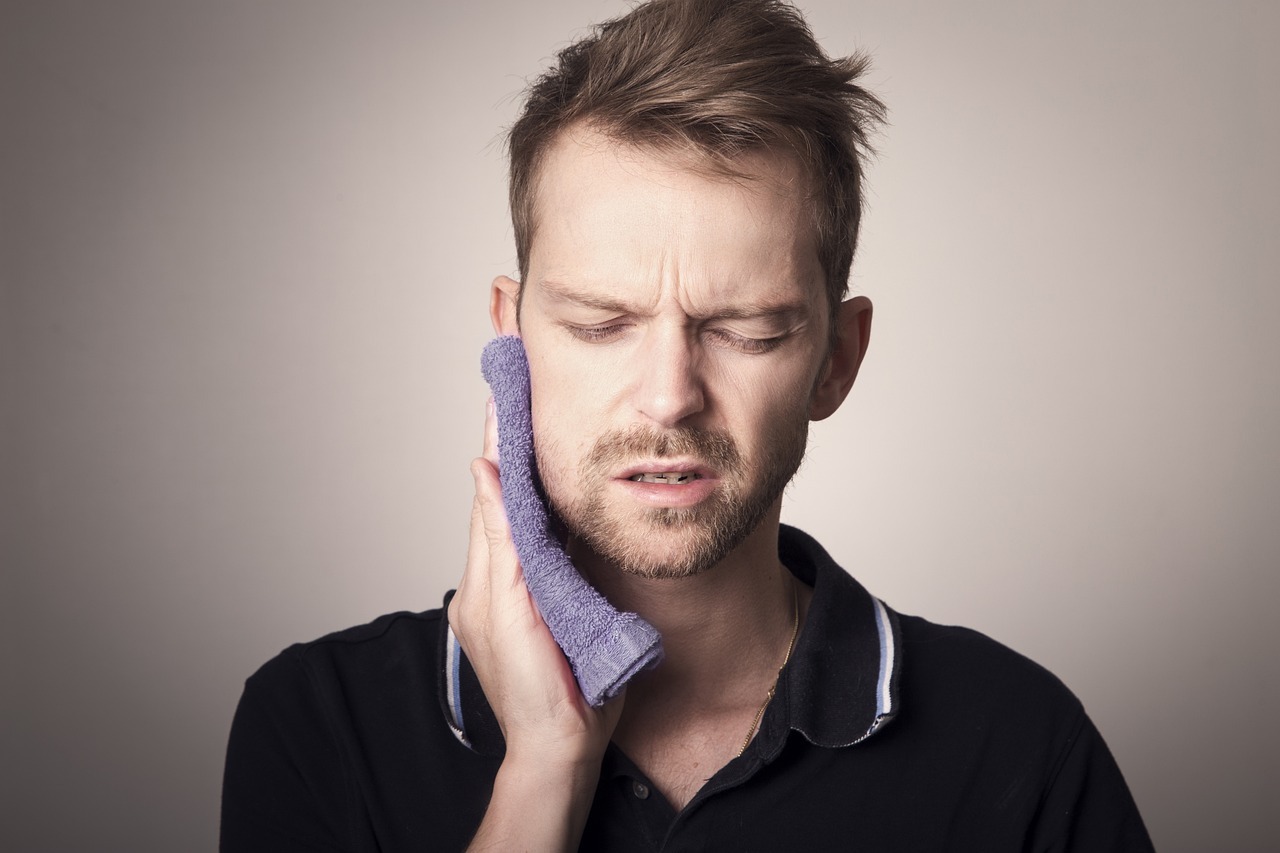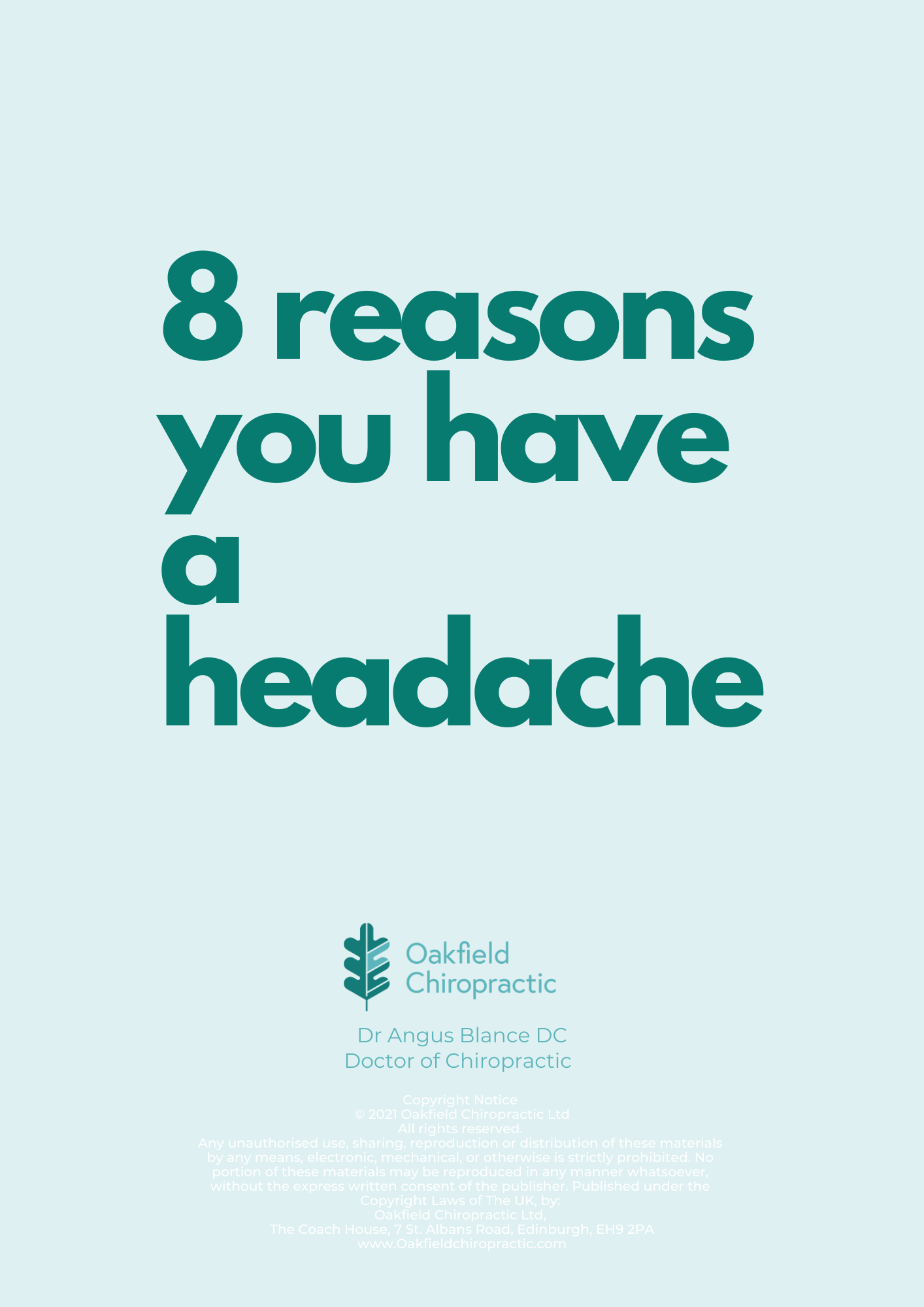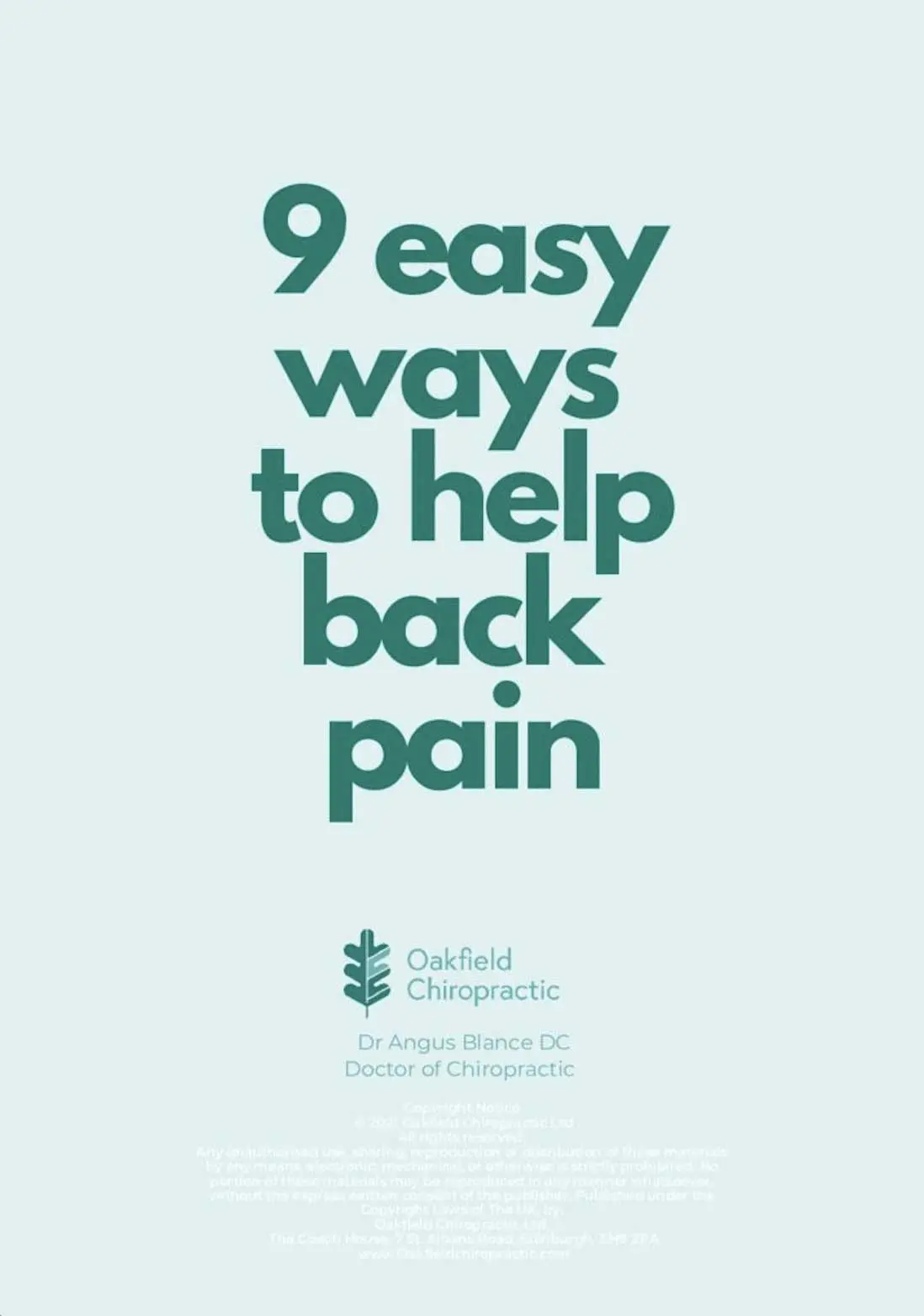All About Jaw Pain & TMJ
Imagine if you had so much pain in your jaw that you couldn’t open your mouth to eat or speak. The same pain radiated to your ear, your eye, your head, and your neck.
Imagine if it was so bad that you couldn’t sleep, and nothing seemed to be helping.
The problem here is not your teeth, it’s the small hinge joint that allows you to open and close your mouth, this is called the Temporomandibular joint.
It’s so small we never notice it until it goes wrong, starts clicking or causes pain, this is called Temporomandibular joint dysfunction.
What is temporomandibular dysfunction?
Temporomandibular dysfunction (TMD) is a condition that affects the movement and function of the jaw joint and the muscles that control it. The jaw joint, also known as the temporomandibular joint (TMJ), is in front of each ear and connects the lower jaw to the skull. It allows you to open and close your mouth, chew, speak, and swallow.
TMD can cause pain, stiffness, clicking or popping sounds, locking or limited movement of the jaw, headaches, earaches, and difficulty chewing. The symptoms can vary depending on the cause and severity of the condition.
What causes temporomandibular dysfunction?
The exact causes of TMD are not clear, but they may include:
- Erosion or damage of the cartilage disc that cushions the jaw joint.
- Arthritis or inflammation of the jaw joint
- Jaw injury or trauma
- Clenching or grinding the teeth, often due to stress or anxiety
- Misalignment of the teeth or bite
- Habits such as chewing gum, biting nails, or leaning on the chin repeatedly.
- Or occasionally genetic factors
How can temporomandibular dysfunction be prevented?
Some cases of TMD may resolve on their own without treatment, but there are some things you can do to prevent or reduce the risk of developing TMD:
- Eat soft foods that require less chewing, such as pasta, soup, or omelettes.
- Take over-the-counter painkillers such as paracetamol or ibuprofen to relieve pain and inflammation.
- Apply an ice pack or a heat pack wrapped in a towel to the jaw for 10 to 15 minutes several times a day, depending on what feels better.
- Massage the painful jaw muscles gently with your fingers.
- Avoid opening your mouth too wide, such as when yawning, singing, or laughing.
- Avoid habits that put stress on the jaw, such as chewing gum, biting pencils or nails, or leaning on the chin
- Practice good posture and avoid slouching or tilting your head forward.
- If stress is to blame for clenching, then try to practice relaxation techniques such as meditation, breathing exercises, or yoga to reduce stress and tension.
- Wear a mouth guard at night if you clench or grind your teeth.
- Wear a mouth guard while playing contact sports to protect your jaw from injury.
- See a dentist regularly to check your teeth alignment and bite.
- See a doctor if you have symptoms of arthritis, such as joint pain, swelling, or stiffness.
How can temporomandibular dysfunction be treated?
If your symptoms do not improve with self-care measures, you may need to see a doctor or a dentist or Chiropractor for further evaluation and treatment. Depending on the cause and severity of your condition, they may suggest:
- Stronger painkillers or anti-inflammatory drugs
- Muscle relaxants to ease muscle spasms.
- Tricyclic antidepressants to help with pain and sleep problems.
- Physical therapy or Chiropractic to improve jaw movement and function.
- Splints or bite guards to correct your bite or prevent teeth grinding.
- Dental work to fix any problems with your teeth or alignment.
- In a worst-case scenario surgery to repair or replace the damaged jaw joint
Chiropractic treatment can often help with TMD symptoms and look at any alignment problems in the jaw, neck, or elsewhere that may be causing the pain.
Get in touch with us if you would like to discuss TMD and how we can help, or book here.


